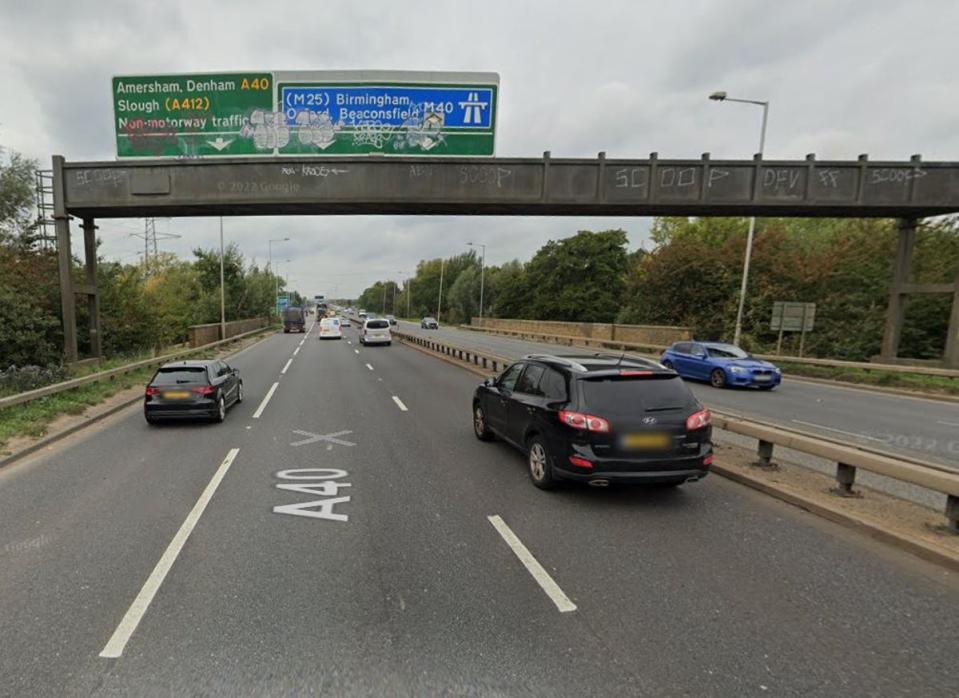The educationist Myra Barrs, who has died aged 83 of cancer, influenced a generation of primary and secondary English teachers in the UK and internationally. A fierce advocate for children’s access to the best children’s books for learning to read and write, she championed reading aloud to children and involving them in storytelling, drama and role-play to explore language and ideas. She also pioneered descriptive assessment of language learning rather than reductive, number-based forms of testing.
From 1981 to 2003 Myra was director of the Centre for Language (later Literacy) in Primary Education (CLPE), initially run by the Inner London Education Authority (Ilea) to cater for teachers’ professional development. I joined the team at CLPE in 1986, and succeeded Myra as director after she retired. In what proved to be a powerful method of in-service training, we worked with teachers to produce a wide range of materials.
Myra’s work recognised both the strengths of the learner and the complexity of the art of teaching. Close observation of classroom practice provided insights into supporting children’s confidence, enjoyment and success as literacy learners.
Out of this came the Primary Language Record (PLR), a three-year research and development project (1983-85) led by Myra in partnership with teachers across the Ilea. It enabled teachers to observe and assess children’s language progress, guided by criteria which enabled them to teach more effectively. The PLR connected children’s reading, writing and talking – in English and other first languages – and also created partnerships between children, teachers, parents and carers. It also provided scales of development, for both reading and writing, with clear descriptions of five significant learning stages (for ages 5-7 and 7-11), to help teachers map individual progress and plan next steps.
This “words not numbers” approach was recommended for national roll-out by the government-commissioned Cox Report (1989), but was then thwarted by successive education ministers, who preferred to impose a rigid “numbers not words” system of testing. The strength of the PLR was, however, recognised by teachers across the UK, who chose to use it without government requirement or support. It also attracted interest internationally, and was adopted by some schools in the US.
In 2003 Myra established a national award for poetry books written for children
In 2003 Myra established a national award for poetry books written for children. CLPE published annual collections of poetry by Southwark primary children, each celebrated by children reading their work to an audience of parents, children and teachers at venues such as the Royal Festival Hall, led by adult poets including Michael Rosen, John Agard and Lemn Sissay.
After the Ilea was abolished in 1990, CLPE continued to flourish within the London borough of Southwark and then as an independent charity.
While an English adviser in the borough of Brent in the mid-70s, Myra brought poets and writers into schools, commissioned videos of parents reading with their children to enthuse others, and set up the Brent Young Writers’ series to publish books written and illustrated by children.
She commissioned the drama teacher Dorothy Heathcote to work within the borough to promote drama as a way of encouraging thinking and learning, and invited leading academics, including Margaret Meek Spencer and James Britton, to work with teachers. Consequently, like many colleagues, I found it an inspiring place to teach and learn.
The teaching of writing was a central concern of Myra’s. She helped teachers understand the need for children to talk through their ideas for writing with each other, often through storytelling and role-play, enabling them to articulate their thoughts – as a first draft – before writing them down.
Born in Coventry, Myra was the daughter of Gladys (nee Liggins), a cinema pianist during the silent-movie period, and her husband, Thomas Barrs, an aircraft toolmaker. From grammar school Myra went to Birmingham University to study French. After teacher training at Homerton College in Cambridge during the early 60s, she taught English at a school in Cambridge and a sixth-form college in Chelmsford, Essex. In the late 60s she became head of English at Camden school for girls, north London.
In the early 70s Myra worked as an editor at the groundbreaking imprint Penguin Education, before returning to the classroom as head of English at St Augustine’s secondary school in Kilburn, north-west London. Then came her appointment as adviser to Brent (1976-81), which included a six-month advisory role in Toronto, Canada.
In retirement Myra wrote Vygotsky the Teacher (2022), on the life and works of Lev Vygotsky, the early 20th–century Russian educational psychologist. It is an accessible account of Vygotsky’s entire oeuvre, pointing to his emphasis on the centrality of meaning in children’s literacy learning, the importance of affect, or emotion, in intellectual development, and the role of talk in writing, ideas that were embedded in Myra’s own work.
For nearly 50 years Myra had a holiday home in the Italian village of Gugliano, near Lucca, Tuscany. There she forged a relationship with early-childhood centres in Pistoia, where young children engage in rich learning experiences that nurture imagination through story, visual expression and play. She helped to develop and document this practice, establishing an educational exchange between London and Pistoia.
In 1974 she married Nigel Tully; they divorced in 1978. Myra shared a love of poetry with her partner for more than 30 years, the poet James Berry, until his death in 2017. Her younger brother, Don, died in 2001.
Myra Angela Barrs, educationist, born 6 December 1939; died 24 October 2023
https://www.theguardian.com/education/2023/nov/26/myra-barrs-obituary




